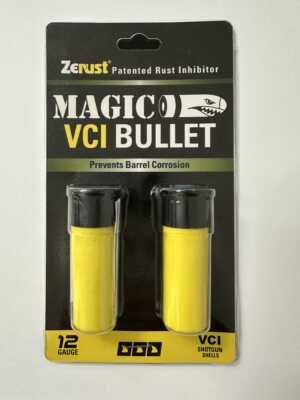Prevent Skateboard Rust, Lengthen Your Longboard’s Lifespan

Prevent Skateboard Rust, Lengthen Your Longboard’s Lifespan
Skateboard rust probably isn’t on the radar of many riders. No, we’re not taking a dig at skaters with stale skills, but actual rust on a skateboard.
Skateboards are typically made of wood and heavy metals, built to take the hard-impact beating of daily backside powerslides, ollies and kick-flip tricks. But one of the quickest ways to wreck your skateboard? Improper cleaning and storage, particularly after it’s gotten wet. This leaves the metal components – decks, trucks, kingpins, bolts, bearings, axles and other hardware – susceptible to rust and corrosion.
The financial and safety risks of skateboard rust can’t be overlooked, given an anticipated uptick in public skate park investments and riders after next year: Skateboarding is slated to make its world Olympic debut as a competitive sport in the summer Tokyo 2020 Games.
Skateboarding Popularity and Public Investment
It’s an activity that has maintained a solid grip on youth counterculture in America since the 1980s and 1990s, with currently about 16 million total riders in the U.S. (more than 20 million globally) and an estimated 500 public skate parks in the U.S., according to the non-profit Trust for Public Land.
About 11 million people in the U.S. say they skateboard regularly, but fewer commit to regular skateboard upkeep, including skateboard rust prevention.
Skateboarding can be risky as it is, with the National Safety Council reporting roughly 100,000 people are treated in hospital emergency rooms annually for skateboard injuries. Half of those are between the ages of 15 and 24, with the majority being new to the sport – and thus less likely to realize the importance of proper skateboard maintenance.
Cheap skateboards can be bought for about $35, but most decent boards cost an average of $175. High-end skateboards can cost a few hundred dollars while boosted electric skateboards (which need extra rust protection) can cost anywhere from $750 to $1,000.
To avoid constant replacement of these components (typically at a skate shop unless you’re handy), skaters can prevent skateboard rust with inexpensive vapor corrosion inhibitors, or VCIs.
How VCI Technology Can Prevent Skateboard Rust
There is an interesting science behind VCI rust and corrosion protection, but the short of it is VCIs are a class of chemical compounds that vaporize in the air, forming a thin, protective film on metal surfaces in an enclosed space, making those surfaces impervious to rust and corrosion for a specified length of time.
Many top-shelf skateboards are made with metal compounds strengthened to ward off rapid rust formation. Still, that protection only lasts so long, especially when boards get regular use, which can nick and pock the surface.
Even if you catch rust in the early stages and treat it with a “rust-eater,” the reality is the bearings won’t ever be as smooth as they once were, which means the ride won’t be either.
Key is to prevent skateboard rust before it forms because by then, not only is it tough to get rid of, there’s a decent chance by the time you see it, it’s already weakened the metal components. In other words: A rusted skateboard can make for an unsafe ride. Many skateboard manufacturers recommend regular riders devote an hour a week to maintenance.
Even skateboard hardware made with metal compounds like titanium and aluminum (which don’t rust) are still potentially vulnerable to a process called oxidation, a destructive molecular reaction between metal surfaces and oxygen that is what kicks off corrosion. Corrosion won’t weaken metal itself, but it can make the surface brittle, and those parts will be prone to breakage. That’s a big potential risk if you’re trying out technical tricks.
Zerust has VCI bags, covers, drawer liners and vapor capsules that can help with warding off skateboard rust (with liners and capsules requiring enclosed-space storage). If you have questions about the best skateboard rust prevention techniques, our Zerust VCI experts can help you determine the right product.
*************@************ts.com“>Contact Zerust for more information on rust prevention for skateboards and skates by emailing or calling (330) 405-1965.
Additional Resources:
Skateboarding Popularity Is Growing – Get Ahead of the Curve, May 2018, National Parks and Recreation Association
More Blog Entries:
Zerust Skate Guard Covers Key to Rust-Free Beautiful Blades, Oct. 30, 2019, Zerust Skate Rust Prevention Blog




